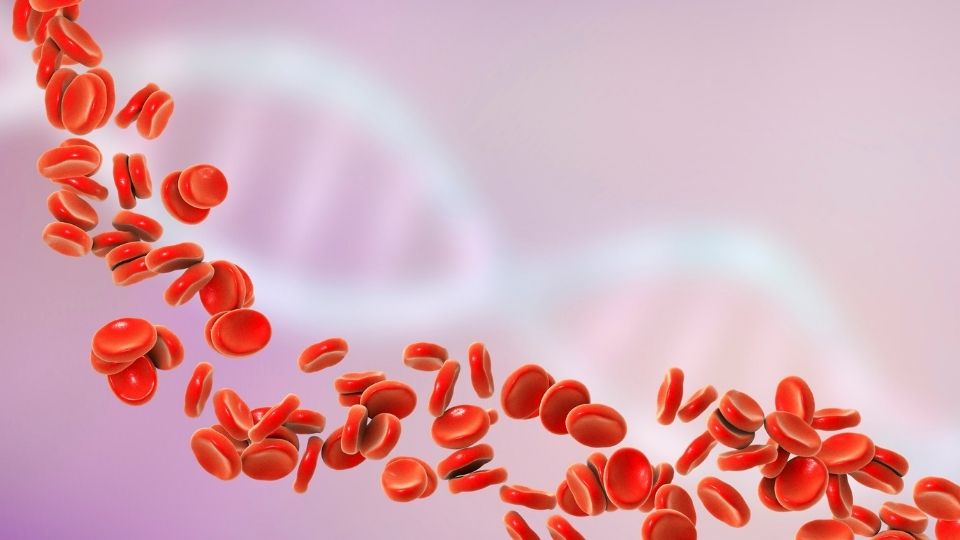Pediatric hematology is a medical specialty that deals with blood and blood diseases in children. Blood is a vital part of our body and performs a number of important functions, so blood diseases can lead to serious consequences. Pediatric hematology specialists strive to ensure the healthy growth and development of children while identifying, treating and managing blood diseases.
Scope and Importance of Pediatric Hematology
Pediatric hematology involves studying conditions related to the bone marrow and other hematopoietic organs that produce blood cells (e.g., red blood cells, leukocytes, and platelets). These diseases include anemia, leukemia, lymphoma, hemophilia, thrombosis, hemoglobinopathies (for example, sickle cell anemia), bone marrow failure syndromes, thrombocytopenia (low platelet count), and other blood diseases. Diagnosis, treatment and management of these diseases fall within the field of expertise of pediatric hematology specialists.
Symptoms and Diagnosis of Pediatric Hematology
Symptoms of pediatric hematology diseases vary depending on the type and severity of the disease. For example, anemia can manifest itself with symptoms such as fatigue, pallor, shortness of breath and getting tired easily, while cancers such as leukemia or lymphoma can cause symptoms such as swollen lymph nodes, bone pain, fever and weight loss. Diagnosis is usually made using blood tests, bone marrow biopsy, imaging studies (for example, MRI or PET scans), and other laboratory tests.
Treatment and Management of Pediatric Hematology
Treatment and management of pediatric hematology diseases vary depending on the type and severity of the disease and the general health status of the patient. Treatment options may include chemotherapy, radiotherapy, immunotherapy, blood transfusion, platelet transfusion, drug treatments, bone marrow transplantation and surgical interventions. The treatment plan is personalized depending on the child's individual needs and response to treatment.
Family Support and Psychosocial Care
Pediatric hematology diseases can have a significant impact on both children and their families. Therefore, pediatric hematology teams provide emotional support, education, and guidance to families. Psychosocial support and counseling help families cope with the disease and make the treatment process more manageable.
Future and Advances
Technological and medical advances in the field of pediatric hematology have provided promising advances to improve children's health outcomes. Advanced diagnostic and treatment methods allow children to treat their hematological problems more effectively.




